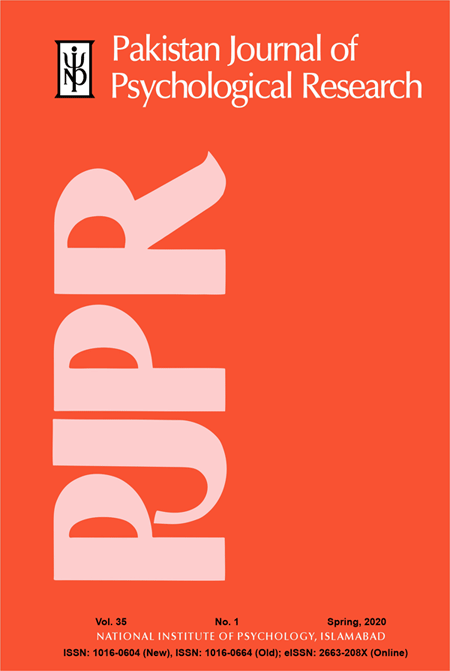Complaints & Appeals
Genuine appeals by the author(s) to editorial decisions shall be encouraged, but it is important to understand that the editor's final decision is always the result of broad discretion in determining the best appropriate article for the journal. Therefore, only those appeals will be considered where the author(s) provide strong evidence or new data that can respond to and alleviate the concerns of the editors and reviewers. For example, if the author(s) believes that there is an inaccuracy in reviewing the article, in that case, the formal appeal can be initiated with a detailed description of possible errors they believe occurred.
The editor will consider the actual cases of appeal, like additional factual input by the author(s), revision of manuscript or data, appeals about conflicts of interest, and concerns about the biased peer review. Appeals must be rational arguments, not emotional ones, so be sure you have enough evidence before appealing; otherwise, it will not affect the final decision of the editors.
- Upon receiving an eligible appeal, the editors will mediate all exchanges between authors and peer-reviewers during the review process. Additional peer reviewers can be added if the editor deems needed.
- For time-sensitive results, the review process can take longer time than normal, and the process can't speed up. If, because of this longer time, the author wants to withdraw their manuscript, it is important to notify the editors that you are withdrawing your manuscript and get confirmation before submitting your article to a different journal.
- After reviewing the appeal, the Editor's verdict will be the "Final decision".
Pakistan Journal of Psychological Research will acknowledge the receipt of appeal/complaint and investigate the cases with relevant guidance from the Committee on Publication Ethics , where applicable.
In case of a complaint/appeal, the author may write directly to the editorial office via pjpr@nip.edu.pk


